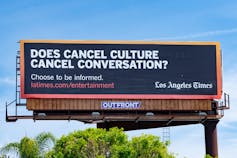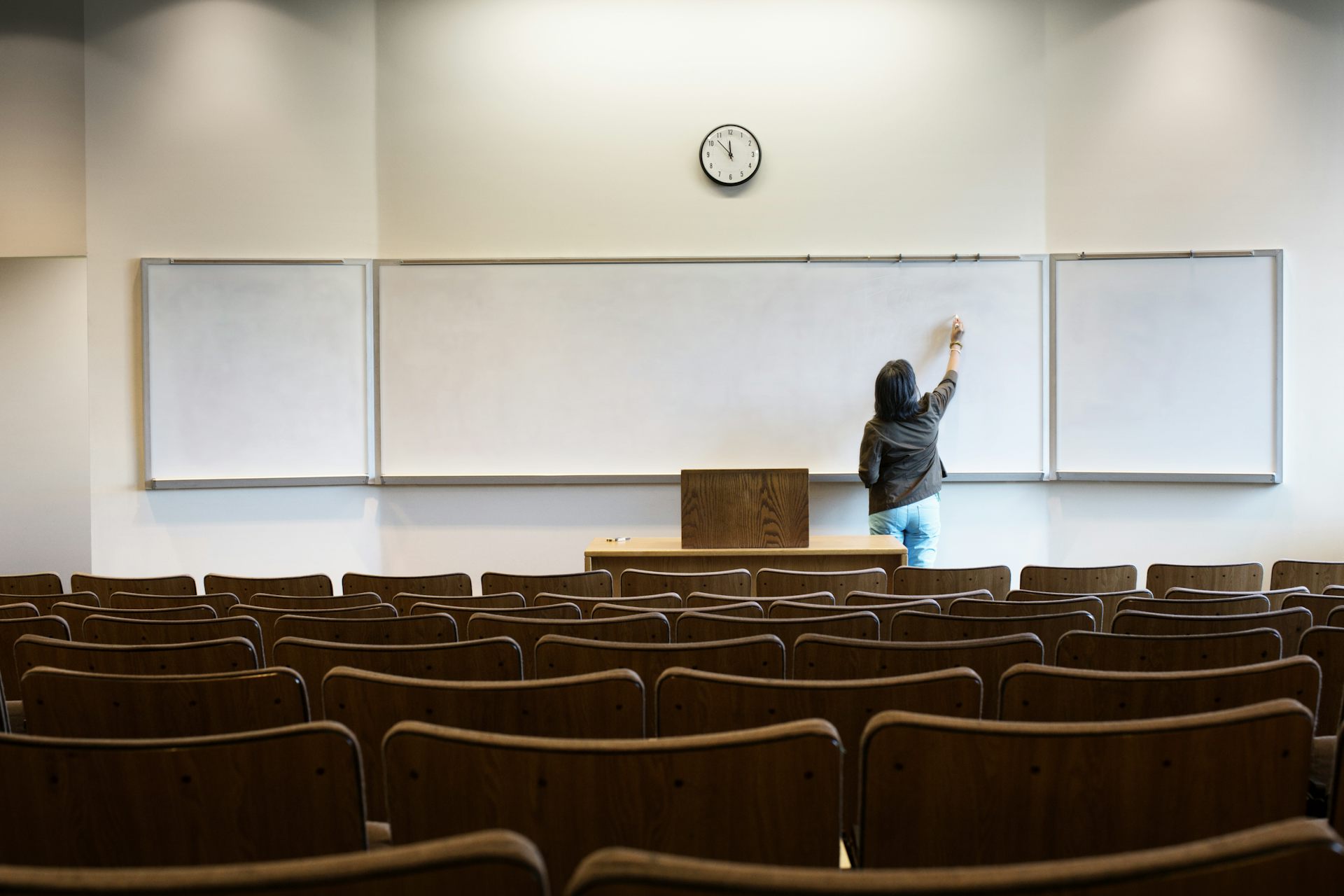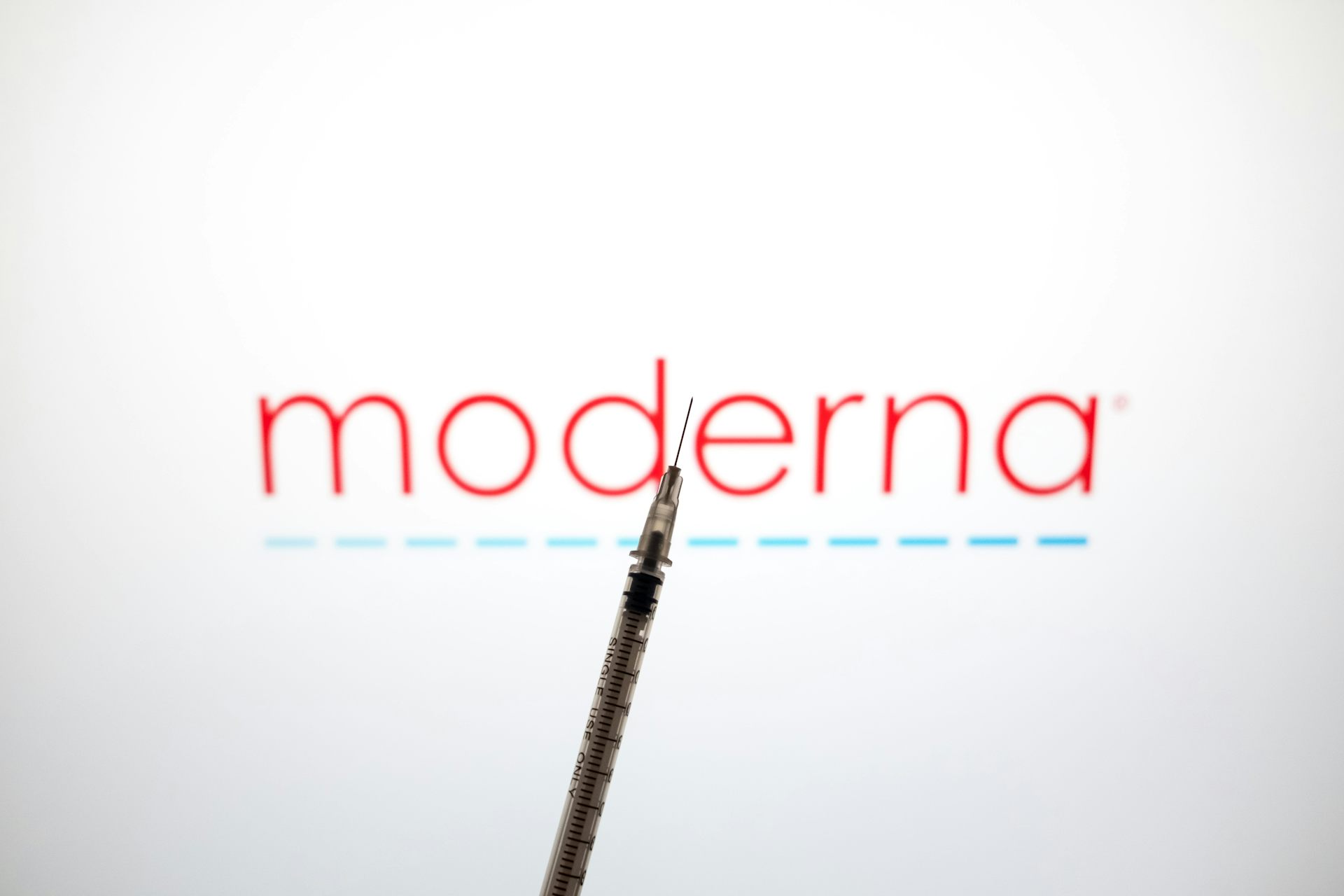4 reasons the practice of canceling weakens higher education
Cancel culture leads to educational detriments that can harm democracy.

Last month, Danny Mamlok, a friend of mine and an Israeli professor from Tel Aviv University, was scheduled to give a talk at Concordia University in Montreal on the topic of education for tolerance. Four days before the presentation was supposed to take place, the organizers of this event said they were subjected to significant pressure from pro-Palestinian activist groups at McGill and Concordia to cancel Mamlok’s presentation.
Not wanting to give in to this pressure, the organizers insisted that Mamlok, who has advocated for peace for decades and as an Israeli soldier even refused to serve in the West Bank, be allowed to deliver his talk.
Ironically, in order to attend a presentation on tolerance, the audience was directed to enter the venue through the basement, since the pro-Palestinian activists had blocked the main access and later disrupted the talk on Zoom.
This effort to cancel individuals or silence free speech on college campuses has become a more common occurrence in the days since the Oct. 7, 2023, Hamas terrorist attack. But even before, it was a growing phenomenon in higher education and the media across America.
A 2023 report by the Foundation for Individual Rights and Expression in Education, a nonprofit dedicated to protecting free speech, found that “attempts to punish college and university scholars for their speech skyrocketed over the past two decades, from only four in 2000 to 145 in 2022.” That report also showed that censorship of professors has come from both sides of the American political spectrum and that a majority of these cases led to some form of sanction, including about 20% that resulted in termination.
In her 2021 Atlantic magazine article titled “The New Puritans,” Anne Applebaum documented more than a dozen cases of professors and journalists who were punished for saying or writing controversial statements. Applebaum focused on the cases of Donald McNeil, science reporter from The New York Times; Laura Kipnis, an academic at Northwestern; and Ian Buruma, editor of The New York Review of Books. Applebaum’s investigative report concluded that these individuals were victims of mob justice and online campaigns that demanded the swift firing of “offenders.” Moreover, she noted that these campaigns lacked just cause and did not grant the canceled individuals the right to due process.
The issue of canceling and cancel culture has received considerable attention in the media and among various scholars, with a focus on the personal consequences suffered by those who have been canceled, the political risks, and the legal issues raised by this practice. Yet, I believe that the educational dangers for democracy that can come about from attempts to cancel individuals or ideas, though profound, have received less attention.

What does a democratic society stand to lose, educationally speaking, when people choose to ban or cancel someone or something? My own research suggests that there are at least four educational detriments that can result from the practice of canceling.
1. Cognitive biases
The practice of canceling has been shown to exacerbate a host of cognitive biases shared by many people, such as confirmation bias and motivated reasoning.
Confirmation bias is the tendency to seek and focus on information that supports one’s existing beliefs and discount contrary evidence.
Motivated reasoning is the inclination to scrutinize evidence with greater skepticism if it does not fit one’s existing beliefs or values. Studies have found that when people close themselves to alternative perspectives, voices and sources of information, they undermine their ability to gain a deeper understanding of issues and expand their knowledge. In contrast, the cognitive dissonance that results from views being challenged by those who have different perspectives can lead to new insights and enhanced learning.
2. Undermining discussions
The practice of canceling people or ideas reduces both the number and quality of discussions across differences.
Suppressing unorthodox opinions, dodging conflict or avoiding engaging with controversial perspectives often results in uninspiring conversations aimed at merely “preaching to the choir.” Such predictable conversation with a limited range of acceptable viewpoints can lead people to adopt a herd mentality, one that accepts a set of assumptions and values uncritically.
In his essay “On Liberty,” philosopher John Stuart Mill argued that having to justify one’s opinions to someone who opposes them is enlightening for all. Mill was adamant that the mission of higher education was not to indoctrinate students on what they should believe but to help them develop their own worldviews based on their interaction with different perspectives and sources of evidence.
3. Promoting dogmatism
Canceling has the adverse educational effect of promoting dogmatism rather than open-mindedness.
Silencing ideas that are politically incorrect, insensitive or controversial may make people feel good, but it does nothing – as Mill recognized and my own research shows – to engage or edify people holding on to those views.
The danger is that banning subversive opinions leaves both the people who hold them and those who oppose them in their segregated enclaves, thereby reducing the interactions of diverse perspectives that American philosopher and educator John Dewey regarded as the lifeblood of democracy. Following Mill and Dewey, I would argue that such critical interaction with controversial viewpoints helps promote intellectual open-mindedness and prevents people from becoming dogmatic.
4. Suppressing dissent
The practice of canceling is educationally dangerous because it seeks to suppress dissent and creates a false sense of consensus.
As historian and bioethicist Alice Dreger has illustrated with the help of numerous examples in her book “Galileo’s Middle Finger,” banning controversial or minority views deprives the public of valuable information on a host of social problems that should concern everyone. Likewise, canceling narrows the range of perspectives that can be used to analyze issues such as climate change and global pandemics and come up with potential solutions to resolve them.
Luis Alberto Lacalle, the former president of Uruguay, once said “consensus destroys democracy.”
Consensus destroys democracy by greatly curtailing the possibility that spirited discussion, diverse viewpoints and rigorous critique – all essential to maintaining the democratic process – will play a major role in shaping the direction of the U.S. and other democracies. And consensus destroys democracy by privileging the majority opinion, ignoring the needs and interests of minorities and marginalizing the voices of dissent.
My analysis suggests that canceling is a misguided and undemocratic practice – one that leads to numerous negative educational consequences, such as promoting dogmatism, discouraging dissent and undermining vigorous debates.
Mordechai Gordon does not work for, consult, own shares in or receive funding from any company or organization that would benefit from this article, and has disclosed no relevant affiliations beyond their academic appointment.
Read These Next
Last nuclear weapons limits expired – pushing world toward new arms race
The expiration of the New START treaty has the US and Russia poised to increase the number of their…
The greatest risk of AI in higher education isn’t cheating – it’s the erosion of learning itself
Automating knowledge production and teaching weakens the ecosystem of students and scholars that sustains…
‘Learning to be humble meant taming my need to stand out from the group’ – a humility scholar explai
Humility is a virtue that many people admire but far fewer practice. A scholar describes how a professional…






